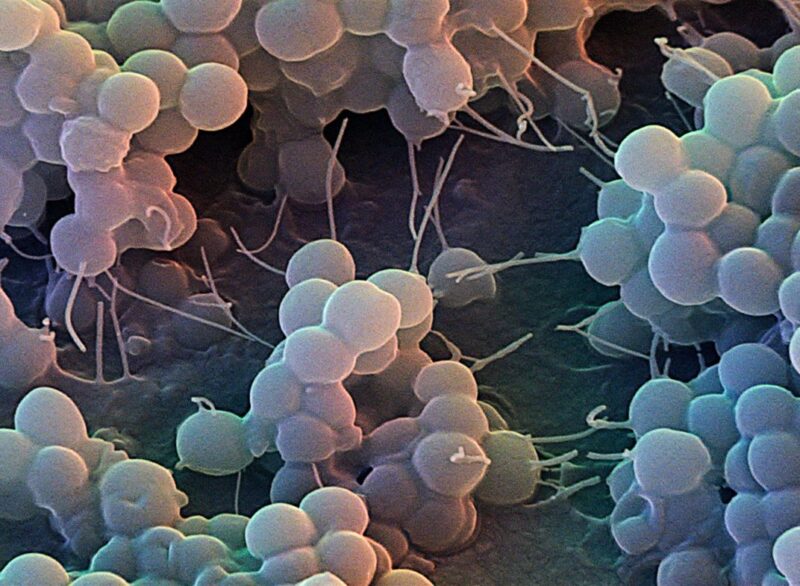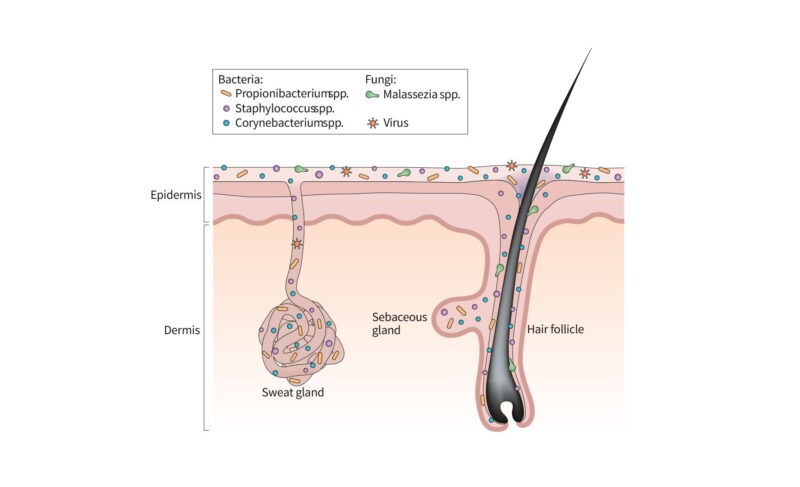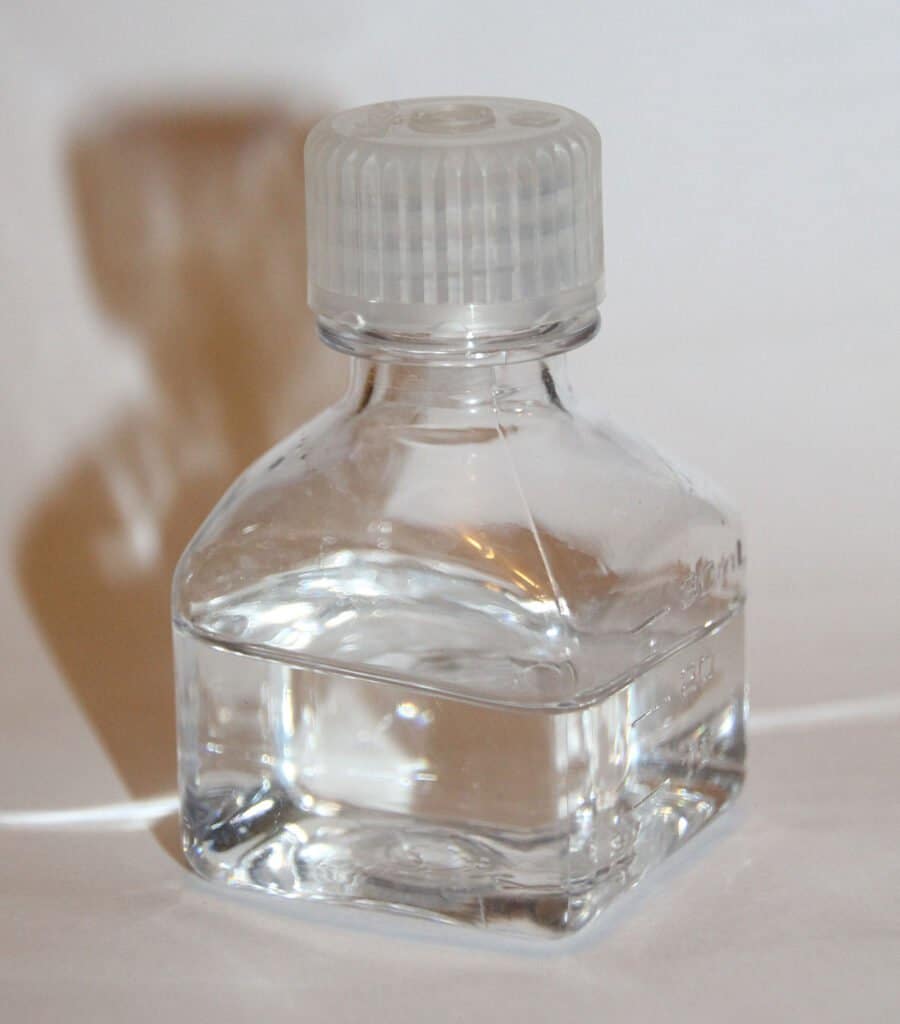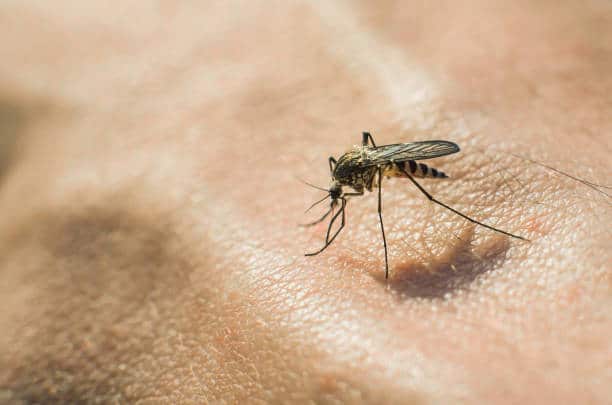Skin microbiome can help fight mosquito-borne diseases. Studies show that changing the structure of your skin microorganisms can serve as a mosquito repellent. This valuable research can change the course of the battle against these insects.
The Science

Research shows that the skin has bacteria that produce odors that can either attract or repel mosquitoes. Modifying the skin microbiome may be a good strategy to keep mosquitoes from biting. This can reduce the spread of mosquito-borne diseases.
Previous findings established that mosquitoes can smell the humans that they should bite. They do this by pinpointing their one-of-a-kind odors. These odors include the chemicals that sweat glands and oil in the skin. Your sweat glands can release different kinds of molecules that microbes degrade and use as nourishment. When the skin microbiome metabolizes these nutrients, small molecules break free with specific smells. These can then attract mosquitoes.

A new study identified the chemicals that the skin microbiome produces. These substances can repel mosquitoes. The natural scent wards off the Aedes aegypti species. This mosquito species can transmit dengue, Zika, chikungunya, and yellow fever.
The Relevance
Research reveals that changing the skin microbiome can give off odors that can prevent mosquito-borne diseases. Scientists say that this strategy can be much safer than using artificial mosquito repellents, such as insect sprays. These synthetic products can fade after a few hours. They can also cause skin irritation.

That is why researchers are driven to find new ways to keep mosquito-borne diseases away. New mosquito populations keep forming and developing resistance to various insecticides. The targeted parasites also have a developing drug resistance. Focusing on the skin microbiome can lead to protection against disease transmission and mosquito bites.
Trials confirmed that these insects find lactic acid attractive. This acid comes from the skin microbiome. Other skin volatiles in the form of acetic acid and octanol do not call the attention of mosquitoes unless they are mixed with lactic acid.

Because of this, the scientists propose that the skin microbiome could be transformed enough to stop producing attractant substances or even make repellant substances. The authors also suggest changing the skin microbiome to make less lactic acid. This will prevent mosquito bites and later stop the spread of diseases.
The LBP (Live Biotherapeutic Product)
Introducing a genetically engineered microbiome can be a longer-lasting mosquito repellent. The microbiome consists of many microbe communities that reside on the human skin. These organisms produce different scents that scientists regard as key components in attracting female mosquitoes.
The main goal is to change the human odor profile. Most humans have core odors that attract mosquitoes. Scientists want to mask these scents. The carbon dioxide that comes out of the body and other elements can get the mosquitoes’ attention. These factors also trigger the feeding behavior.
Each person is different. That is why LBP still needs more study to find out how effective it will be on each human test subject. The aim is to design and create the microbiome to have a natural result. It should look, feel, and smell like there is nothing on a person’s skin.

The study team aims to harvest the microbiome of the skin to create the LBP. This substance can block the human chemical signals that get the attention of female mosquitoes and keep them off the skin at the same time. This program wants to protect the military personnel while operating in areas that have large mosquito populations.
Harnessing your microbiome can help elevate your chances of winning the battle against mosquito-borne diseases. Imagine not having the need to apply repellents anymore. Your skin will not experience harsh reactions. The bacteria will allow you to gain bite protection by allowing them to live on your skin.